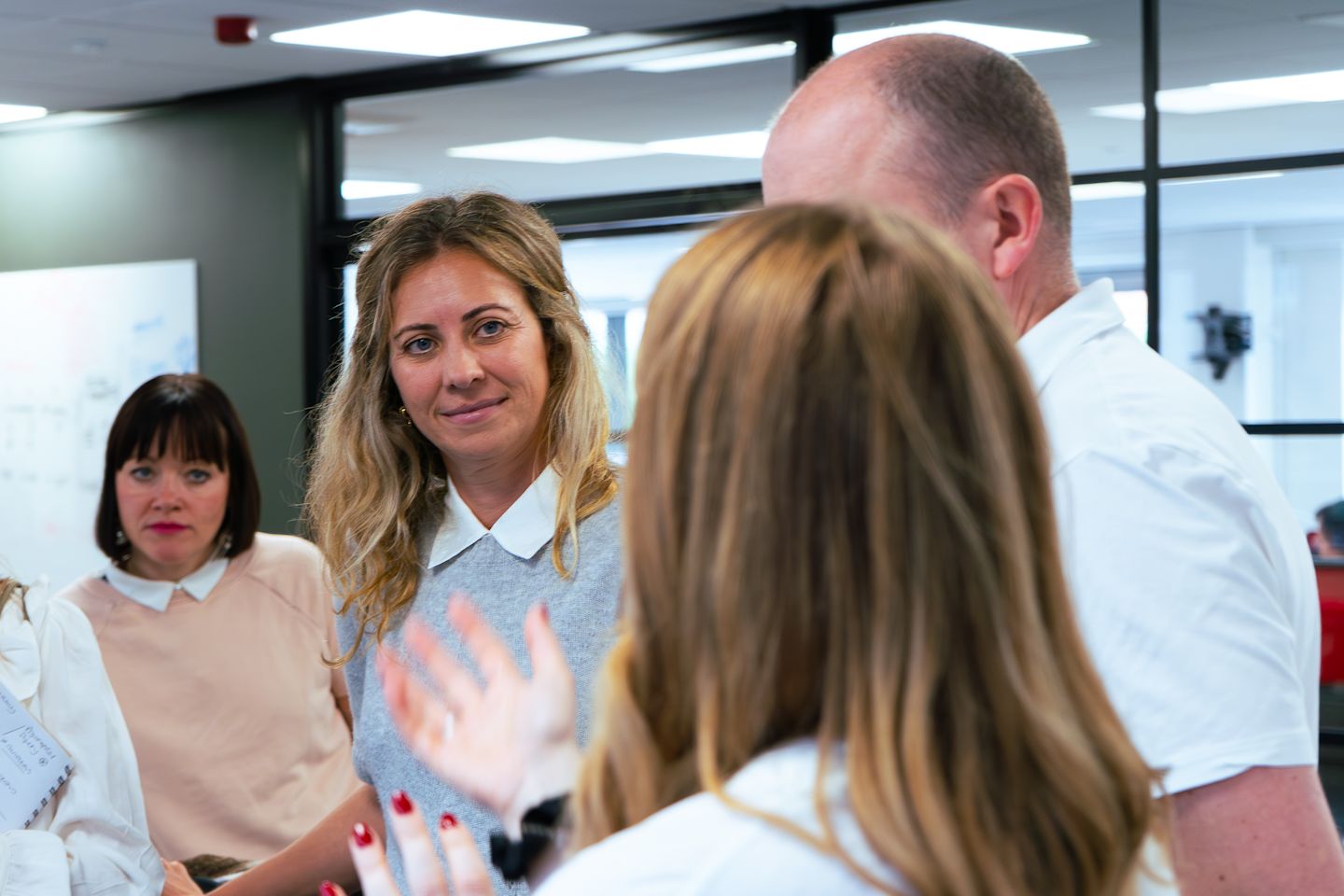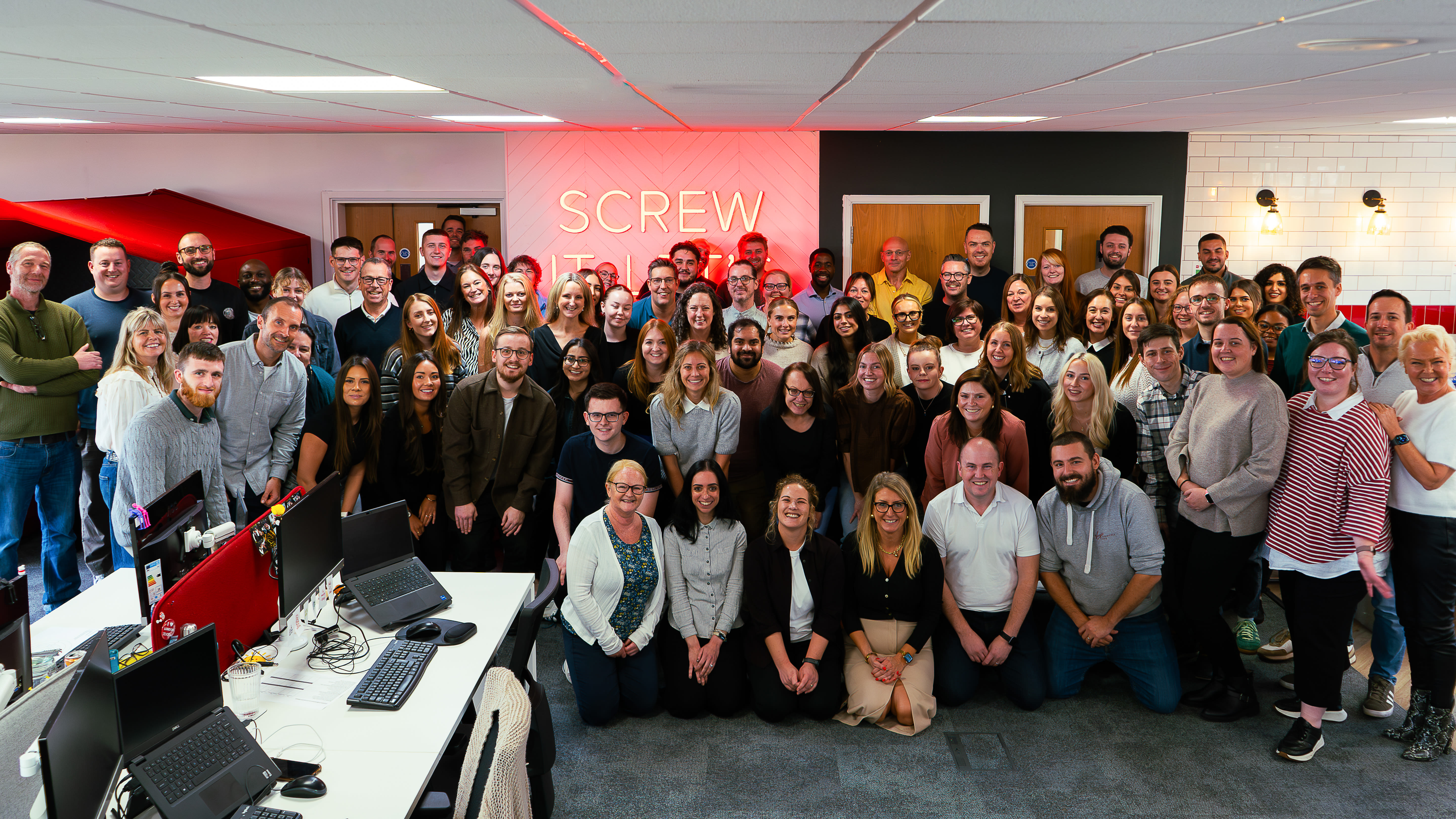Young people are ready to lead, but they need our support
It’s young people who give me hope for the future. At Big Change, we’ve always believed in the power of young people to reimagine the future. And so, we conducted some research to better understand how they feel about stepping up to the immense challenges they face.
After surveying more than 1,300 young people aged 16-28 in the UK in a YouGov survey, we received some encouraging insights. The exciting news is that young people want to create change in their communities and beyond. Young people are ready to lead the way and help solve some of the world's greatest challenges - but they need our support.
The results paint a picture of a generation that is eager, hopeful, and ready to lead, but also facing systemic barriers that hold them back. Young people need the resources, guidance, and opportunities to make their vision of a better future for all a reality.
Despite being deeply motivated, most young people feel unsupported. Only 31% of those surveyed said they receive the support they need to make a difference. Nearly five in 10 feel they receive “not that much” or no support at all. When asked what gets in their way, some clear themes stood out:
Lack of funding (59%) and not knowing where to start (59%)
Lack of confidence (52%) and motivation (48%)
Limited access to decision-makers (34%)
These barriers don’t just hold young people back. They also prevent the positive ripple effect that their ideas and energy would create. And yet, there is so much to stay optimistic about. 60% of young people told us they are very or somewhat hopeful that their generation can address the issues their communities face. This hope is vital, but it needs nurturing.
Our survey also showed that young people are already taking action where they can. Almost half had either taken steps to improve their community in the past 12 months or wanted to but didn’t know where to start. This shows that when the right support is in place, the willingness is there. So, what do young people need in order to thrive and to do good? When we asked what would make the biggest difference, young people were clear and consistent:
Better access to mental health and emotional support (55%)
A greater say in decisions shaping their future (54%)
An end to the one-size-fits-all education system (50%)
Stronger community connections and trusted relationships (52%)
This generation doesn’t just want to be heard, they want to co-create solutions. They want systems that are fairer, education that reflects their needs, and communities where they feel supported and connected. This doesn’t seem like too much to ask. This is precisely why Big Change launched The Spark Awards, which funds youth-led ideas that could change the systems that hold young people back. This year’s Spark Award Changemakers are an extraordinary example of what happens when young people are given the chance to lead. Let’s take a closer look:
NEUROMANCERS: a peer-led, online help chat for neurodivergent young people, is tackling systemic gaps in mental health care.
Climate Courage, Climate Live: Climate Live is transforming climate anxiety into creative activism through music, art, and storytelling.
Muslim Social Justice Initiative: building new structures for healing and organising for Muslim and Global Majority youth.
Room Too: turning overlooked spaces into inspiring study hubs for those living in overcrowded homes.
WEEE Renew: bridging the gap between education and employment while tackling e-waste.
Be the change. Media Academy: empowering young people to become ethical storytellers and reshape the media narrative.
These changemakers are on a journey to show us what can come from giving young people a platform to create change (especially for issues that directly impact their lives and their futures). As Big Change’s CEO, Essie North, put it:
They are all in their own way responding to the urgent challenges facing young people, and redefining what leadership looks like. We are excited by their passion and fresh perspectives on how to fix deeply rooted issues, from mental health and climate anxiety to employment exclusion and racial injustice.
The challenge and the opportunity here is clear. If we can remove the barriers, provide resources, create pathways to action, and bring generations together in collaboration, they will not only imagine a better future... they will build it.





